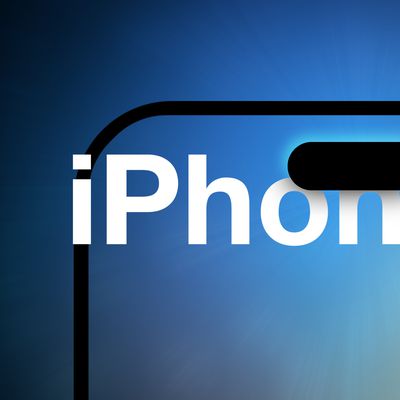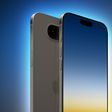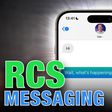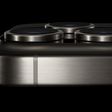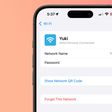Amid fears about the security of Apple's new Touch ID fingerprint sensor, an Apple spokesman has told The Wall Street Journal that the phone will only store the data used to recognize fingerprints, rather than actual images
Apple's new iPhone 5S, which comes with a fingerprint scanner, won't store actual images of users' fingerprints on the device, a company spokesman confirmed Wednesday, a decision that could ease concerns from privacy hawks.
Rather, Apple's new Touch ID system only stores "fingerprint data," which remains encrypted within the iPhone's processor, a company representative said Wednesday.
In practice, this means that even if someone cracked an iPhone's encrypted chip, they likely wouldn't be able to reverse engineer someone’s fingerprint.
Announced yesterday, Touch ID is a new security feature built into the home button of the iPhone 5s, designed to allow users to unlock their phones and authorize iTunes purchases with a finger scan. The sensor captures a high-resolution image of a fingerprint, analyzing it to provide accurate readings.
During its Touch ID presentation, Apple was quick to specify that all fingerprint information is encrypted and stored "in the Secure Enclave inside the A7 chip on the iPhone 5s" rather than being stored on Apple servers or backed up to iCloud. Developers are also not being provided with access to user fingerprints as a means of authentication.
Apple also gave the The Wall Street Journal a few other tips on the fingerprint sensor, noting that it occasionally malfunctions with moist fingers or fingers scarred by accidents and surgery. The company also explained that Touch ID must be supplemented with a passcode.
Apple customers who wish the use Touch ID also have to create a passcode as a backup. Only that passcode (not a finger) can unlock the phone if the phone is rebooted or hasn’t been unlocked for 48 hours. This feature is meant to block hackers from stalling for time as they try to find a way to circumvent the fingerprint scanner.
The iPhone 5s, with the new Touch ID functionality, is set to be released to consumers on September 20. Apple is not accepting pre-orders for the device.




